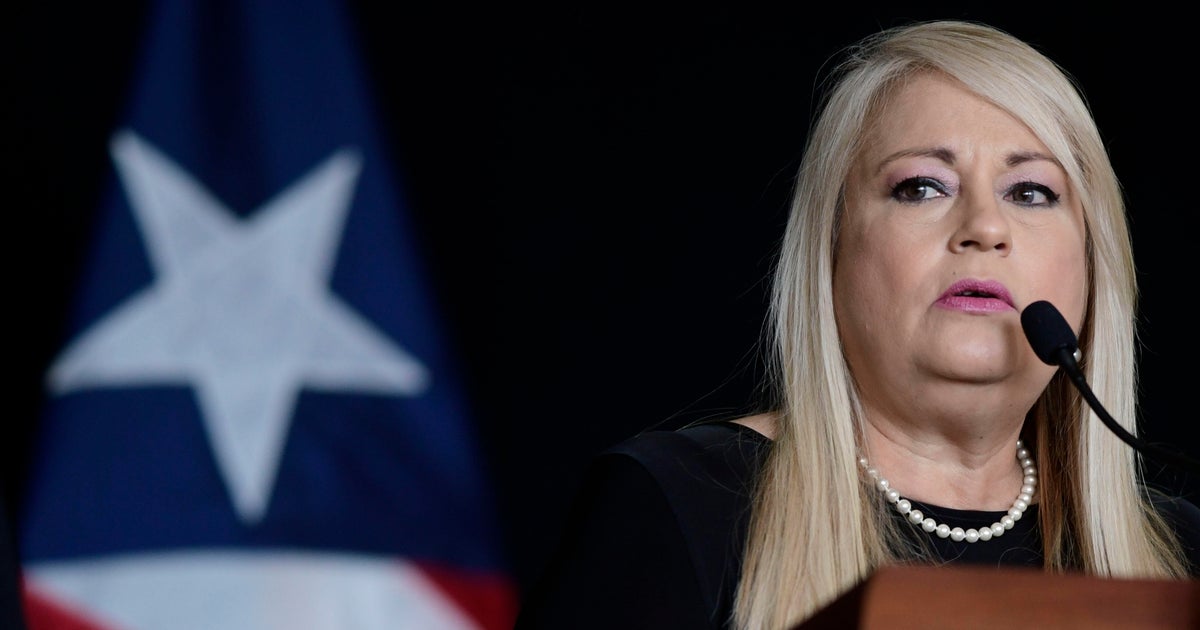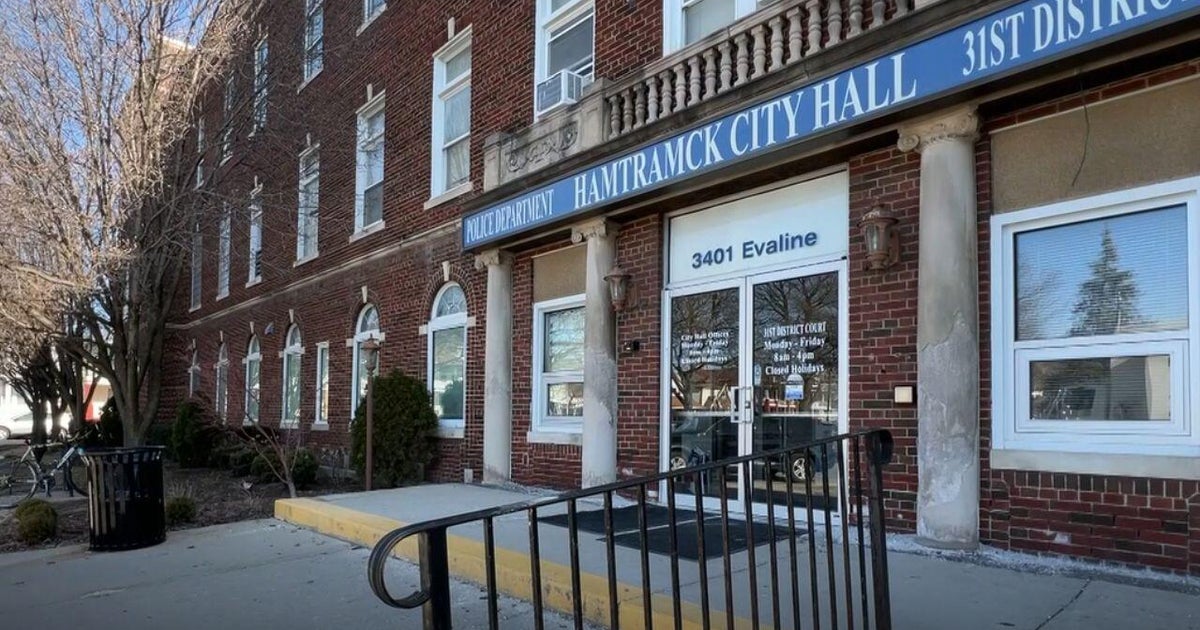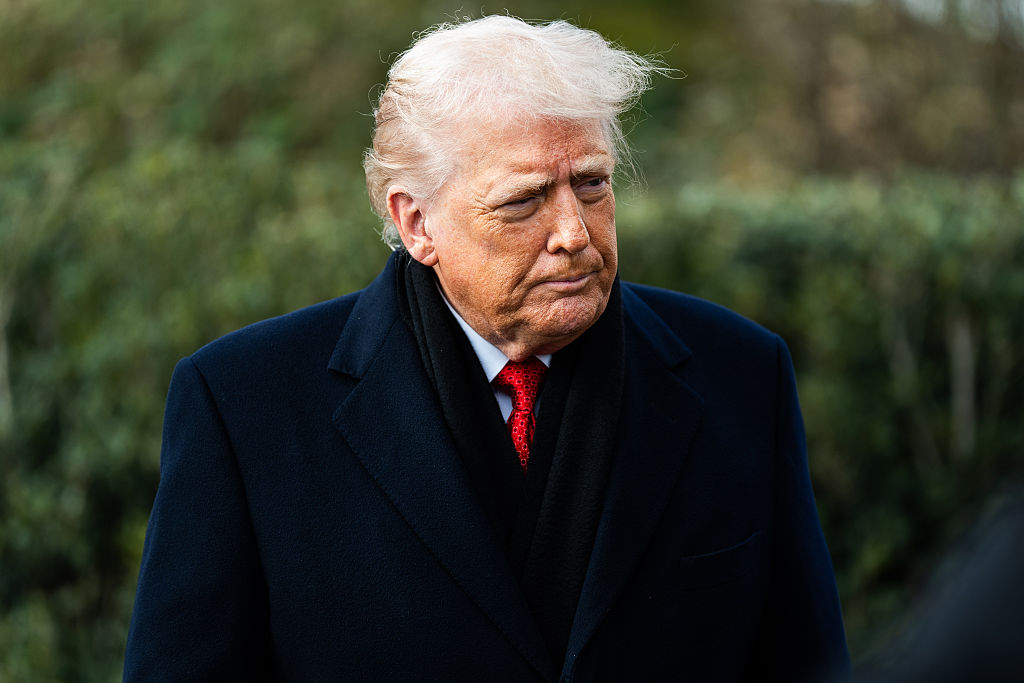Appeals court judges appear skeptical of Trump's claim of executive privilege
Washington — A three-judge federal appeals court panel weighing whether former President Donald Trump can shield his White House records from the House committee investigating the January 6 attack on the Capitol appeared skeptical of Mr. Trump's claims of executive privilege on Tuesday, the latest development in a legal standoff that could ultimately reach the Supreme Court.
Mr. Trump sued the House select committee in October in an attempt to stop the National Archives from handing over certain documents, arguing his White House records are protected under executive privilege, the legal doctrine that shields some internal executive branch material from congressional scrutiny. President Biden rejected his predecessor's claim and permitted the National Archives to comply with the House committee's request for the documents.
During Tuesday's virtual hearing, attorneys for Mr. Trump argued the federal courts are the proper venue for settling the dispute between the current and former presidents. But Judges Patricia Millett, Robert Wilkins and Ketanji Brown Jackson of the U.S. Court of Appeals for the District of Columbia Circuit questioned whether they have a role in ruling on Mr. Trump's claims of executive privilege if the current president has already waived that right.
"This all boils down to who decides," Jackson told Mr. Trump's attorney, Jesse Binnall. "Is it the current occupant of the White House or the former?"
"Why should the former president be the one to make that determination?" she asked, to which Binnall answered that it is "incumbent on the courts" to make the decision if there is disagreement between a former and an incumbent president over executive privilege claims.
Binnall, who argued that previous legal precedent set following President Richard Nixon's resignation weighs in Mr. Trump's favor, argued the courts must make the final decision about whether the committee can obtain the documents, not Mr. Biden.
"All that matters is the current president and the former president. Once that disagreement occurs, an Article III court has to make a determination," he claimed. Determining "whether a document is privileged or not is far more technical" than the process used by the Biden administration and the National Archives, Binnall added.
But Millett later pointed out that such an examination of individual documents and their potential privilege "changes the analysis not a whit" because executive privilege had already been waived by Mr. Biden.
Douglas Letter, the House's general counsel, said the sitting president "is in the best position, best by far, to determine what is in the best interest of the executive branch at that time."
"What the courts should do is say, 'The current president has spoken. That's it. We're done,'" he added later.
In previous lawsuits brought before the court over requests for documents and testimony, Letter pointed out, disagreements between the executive branch and Congress that prompted legal action. But in this case, Letter argued, "there is no clash here between the branches."
However, in questioning the Justice Department attorney representing the National Archives, Millett asserted that executive privilege over presidential documents is "part of the lifeblood of the executive branch," and must be protected to some extent. Seemingly offering a modicum of support to part of Mr. Trump's claims, she said presidents might be reluctant to seek advice near the end of their terms, knowing that any communication may be waived the minute they leave office.
The appeals court panel heard the case after the district court denied the former president's request to prevent the transfer of his White House documents, outright rejecting his claims of executive privilege and confidentiality. The committee says it needs the documents to further understand the events surrounding the January 6 assault on the Capitol.
If the three-judge panel sides with the House and rejects Mr. Trump's claims, the former president's attorneys said they plan to ask the Supreme Court to settle the dispute.
Since Mr. Trump filed his lawsuit, the National Archives has revealed that it identified more than 1,500 pages pertinent to the committee's request. These include daily presidential diaries, the files of then-White House chief of staff Mark Meadows, multiple binders belonging to then-White House press secretary Kayleigh McEnany and White House talking points alleging voter fraud in the 2020 presidential election.
House Speaker Nancy Pelosi created the House select committee earlier this year to investigate the January 6 attack, when thousands of Trump supporters descended on the Capitol as Congress counted the electoral votes. Lawmakers were sent fleeing amid the riot, which led to the deaths of five people and the arrests of hundreds more. Mr. Trump, who encouraged his supporters to "walk over" to the Capitol during the Stop the Steal rally, was impeached by the House one week later for inciting the riot but was later acquitted by the Senate.





